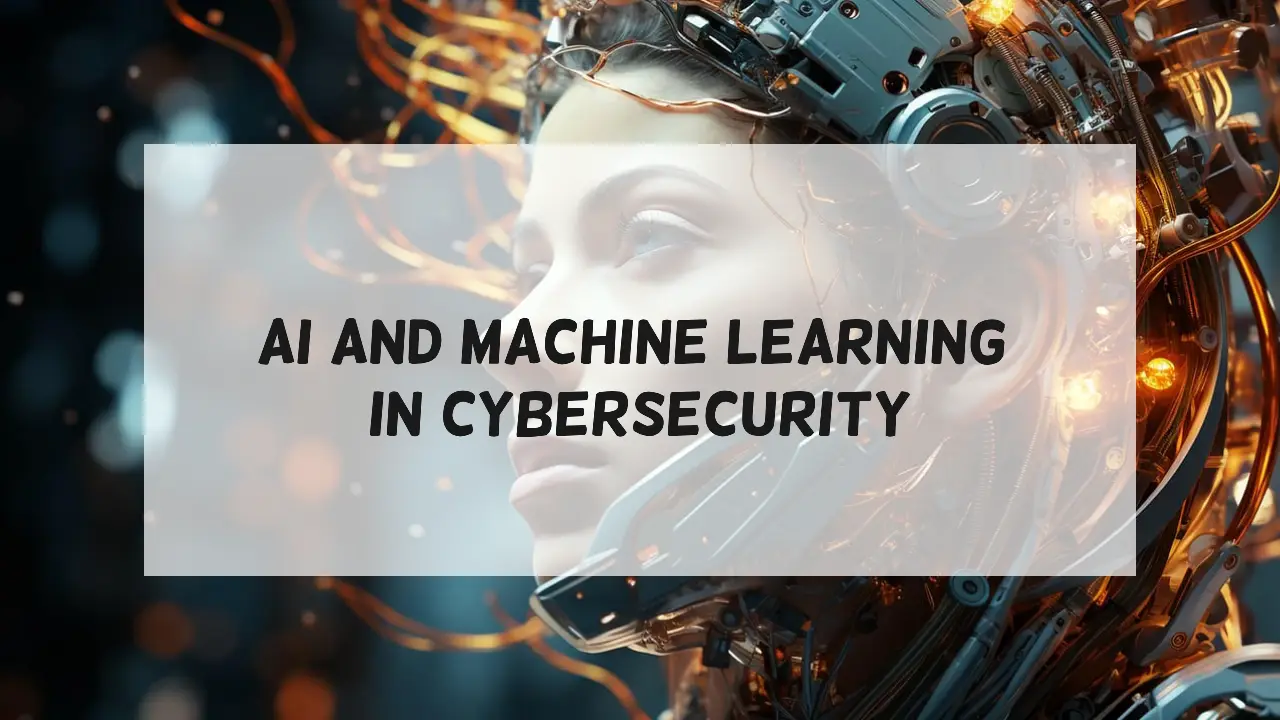Computing
Introduction to Computing
Computing has become an integral part of our lives. From the devices we use daily to the complex systems that drive industries, it has transformed the way we work and interact with each other. In this post, we’ll explore the evolution of this, its present state, and future trends.
History of Computing: From Abacus to Quantum
Computing began in the early 19th century with the invention of the Analytical Engine by Charles Babbage, which was the first mechanical computer. Over the next century, its devices evolved from mechanical to electronic machines. In 1945, John von Neumann introduced the concept of stored-program computers, which allowed computers to be programmed using software instead of physical rewiring.
Today, it has become ubiquitous, with devices ranging from smartphones to supercomputers. The internet has enabled a global network of connected devices that provide instant access to information and services. Cloud computing has transformed the way we store and process data, enabling businesses to scale their operations and reduce costs.
Looking to the future, quantum computing is an area of it that is rapidly developing. Quantum computers leverage the principles of quantum mechanics to perform calculations that would be impossible for classical computers. While still in its infancy, quantum computing has the potential to revolutionize fields such as cryptography, finance, and drug discovery.
In conclusion, it has come a long way since its inception, and it continues to transform the world around us. As new technologies emerge, the possibilities of this are endless. It’s exciting to think about what the future holds for it and how it will shape our lives.


